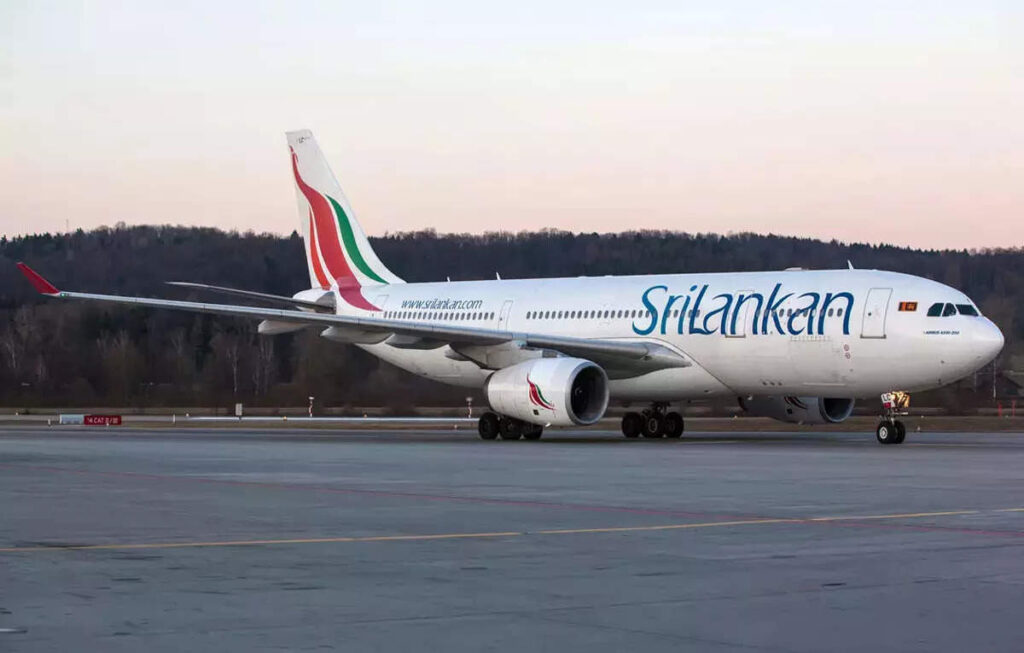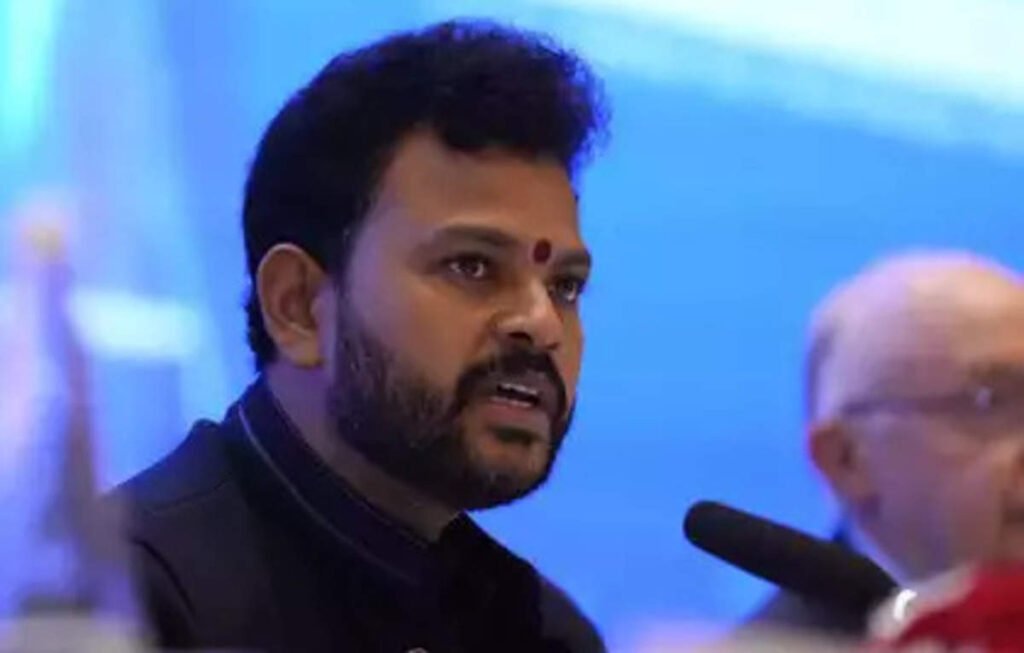The Sri Lankan government on Tuesday extended the deadline to bid for the control of the island nation’s national flag carrier Srilankan Airlines by 45 more days. In early January, the Sri Lankan government’s State Owned Enterprises Restructuring Unit had set March 5 as the deadline to receive proposals from qualified investors to express interest in buying the government’s majority stake.
“This will enable the bidders to submit new proposals or to allow new bidders to come in”, Aviation Minister Nimal Siripala de Silva told reporters here on Tuesday.
De Silva said the Cabinet had decided to absorb part of the high debt of the airline worth Sri Lankan rupees 1.2 billion to restructure the national carrier.
Therefore, Sri Lankan rupees 510 million of the airline’s total debts would be absorbed by the treasury, the minister said.
“Our intention earlier was to allow for a bidder with its debt,” de Silva said.
Outlining the airline’s debt portfolio, the minister said it owed Sri Lankan rupees 102 billion to the state oil entity, Ceylon Petroleum Corporation (CPC), owed the Bank of Ceylon USD 277 million and USD 175 million worth international sovereign bonds underwritten by the Treasury.
The USD 2.9 billion four-year facility brought hard unpopular reforms such as increased utility rates and high taxes.
With the decision to extend the proposal deadline, the island nation would continue to fund the airline’s operations for six months.
The airline’s financial statements show that it had incurred a net loss of Sri Lankan rupees 71,306.66 million as of March 31, 2023. The group’s liabilities exceed its current assets by Sri Lankan rupees 418,568.67 million.

Siyambalapitiya said the bank figures show that receipts from tourism had fetched USD 342 million, which is a 122 per cent growth in January 2024 year on year. The inward remittances from Sri Lankan expats in January 2024 had grown by five per cent to USD 488 million up from USD 467 million in January 2023.
Under the current International Monetary Fund (IMF) bailout, Sri Lanka is necessitated to restructure all loss-making SoEs, including the state power entity, Srilankan Airlines and the state telecom provider among others. At the same time, President Ranil Wickremesinghe, who is also the finance minister, has encountered stiff political resistance for reforms making him unpopular in the election year.
Sri Lanka, for the first time since independence, declared its sovereign default in mid-2022 as street protests raged over the unavailability of essentials in the resultant forex crisis.
Wickremesinghe’s reforms, in tune with the IMF programme, have caused an economic burden on the public due to raised utility tariffs.
The reforms implemented and to be implemented would cause political unhappiness for the voting public in this election year. The presidential election is due to take place before the end of November.
- Published On Mar 6, 2024 at 10:18 AM IST



















